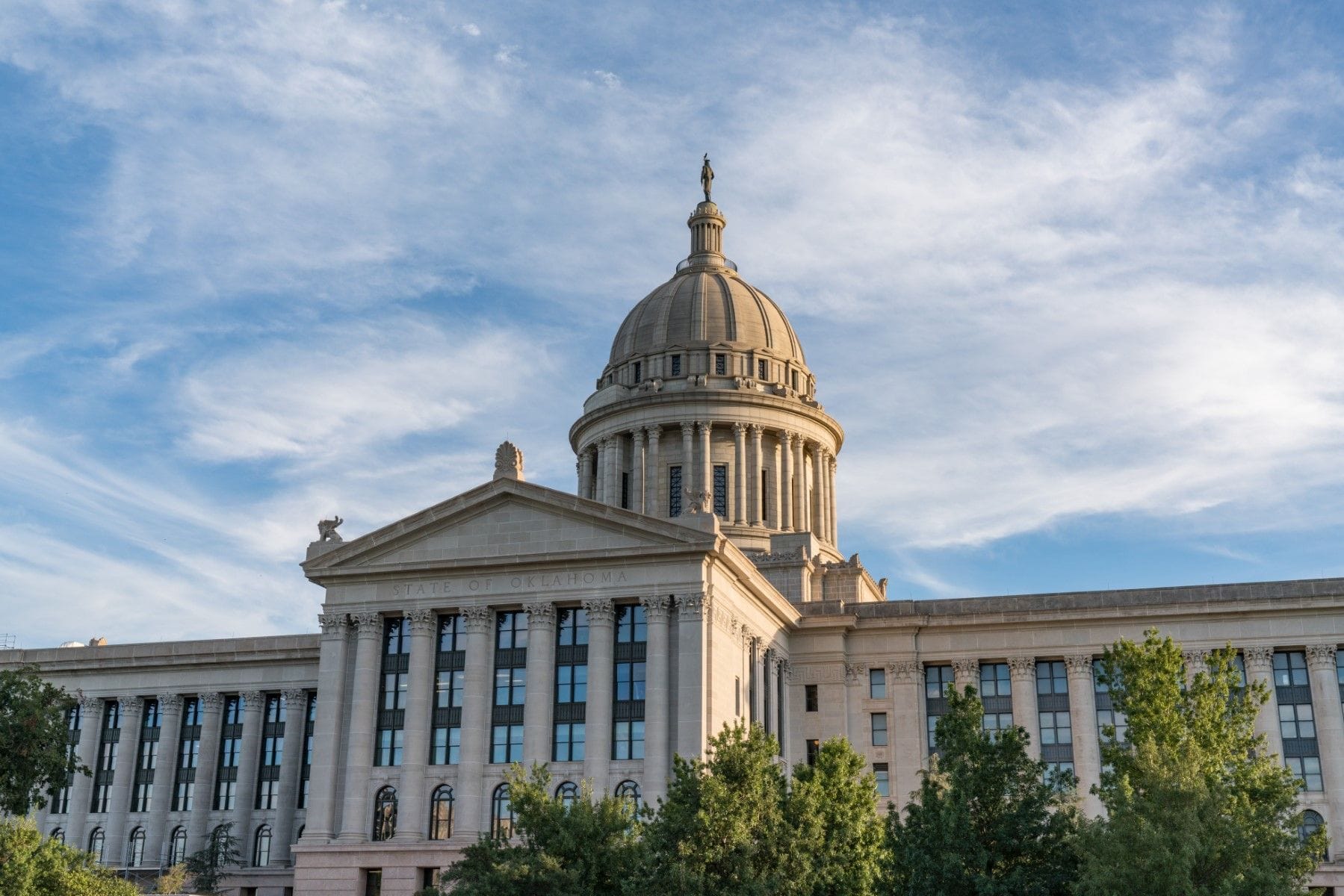Oklahoma Expert Witness Report Rules
Expert witness reports in Oklahoma must disclose identities, opinions, and qualifications, adhering to strict timelines and legal standards for compliance.
Updated on
In this article
Are Expert Witness Reports Required in Oklahoma?
In the state of Oklahoma, expert witness reports are governed by Oklahoma’s civil discovery statute, specifically 12 Okla. Stat. § 3226(B)(4). This statute outlines the rules for expert disclosures, which closely follow a framework akin to the federal rules. Under Oklahoma law, parties are required to disclose the identity of any expert witness they intend to call at trial. Additionally, if requested, the parties must provide information regarding the subject matter and a summary of the expert’s opinions (Okla. Stat. Ann. tit. 12, § 3226(B)(4)).
The timing for the disclosure of expert reports in Oklahoma is typically dictated by the court's scheduling order, which sets specific deadlines for the exchange of expert reports. The plaintiff is usually required to submit their expert report by a designated date, followed by the defendant’s expert report. Importantly, an expert’s deposition can only occur after the expert’s report or disclosures have been provided, ensuring that the opposing party has the necessary information beforehand (§ 3226(B)(4)(a)(2)).
What is Required in an Oklahoma Expert Witness Report?
For experts who are retained specifically to provide testimony, Oklahoma practice generally mandates a written expert witness report. This report must include:
- The expert’s opinions
- The basis and reasons for those opinions
- The data or information considered in forming the opinions
- Any exhibits that will be used to summarize or support the opinions
- The expert’s qualifications, including a list of all publications authored in the previous ten years
- A statement of the compensation paid for the study and testimony
This requirement is either fulfilled through a formal written report or, at a minimum, through detailed interrogatory responses from the expert. Notably, Oklahoma protects draft reports and attorney-expert communications under work-product principles, aligning with federal Rule 26(b)(4).
Scope and Authorship of the Report
The expert witness is expected to draft and sign the report, ensuring the authenticity and accuracy of the opinions expressed. While attorneys may assist in the preparation of the report, their involvement must be limited to administrative or procedural guidance to avoid undue influence over the expert’s independent judgment.
- Drafting and Signing: The expert must personally draft and sign the report.
- Attorney Involvement: Attorneys may assist but cannot dictate the expert’s opinions.
The scope of the report may vary depending on the type of expert testimony or the specific case details. For instance, complex litigation may require more detailed analysis and extensive documentation.
Missing, Deficient, and Untimely Reports
Failure to provide an expert report, or providing one that is incomplete or late, can lead to significant consequences in Oklahoma. The court may exclude the expert’s testimony at trial for non-compliance with discovery rules. Other potential repercussions include sanctions or granting continuances. These measures ensure adherence to procedural requirements and maintain the integrity of the litigation process.
- Consequences: Exclusion of testimony, sanctions, or continuances.
- Compliance: Adherence to deadlines is critical to avoid penalties.
Original, Supplemental, and Rebuttal Reports
In Oklahoma, distinctions exist between original, supplemental, and rebuttal expert reports:
- Original Reports: Required for initial disclosure of expert opinions.
- Supplemental Reports: Used to correct or update information previously disclosed, subject to court approval.
- Rebuttal Reports: Filed to counter opinions presented by the opposing party’s experts.
The timing, purpose, and limits of supplemental or rebuttal reports are generally subject to the court’s scheduling order or specific directives. Disputes over these filings are resolved based on the procedural rules and the court’s discretion.
Relevant State Rules and Legal Requirements
The applicable rules governing expert disclosures in Oklahoma are encapsulated in 12 Okla. Stat. § 3226(B)(4). This statute provides a comprehensive framework for expert witness reporting, mirroring federal practices while incorporating state-specific nuances. Key cases interpreting these rules further refine their application, ensuring clarity and consistency in legal proceedings.
- Statutory Reference: 12 Okla. Stat. § 3226(B)(4)
- Case Law: Provides judicial interpretation and guidance.
Practitioners should be mindful of the distinctions between Oklahoma’s rules and federal practices, as well as any local court orders or case-specific requirements that may influence expert disclosures.


